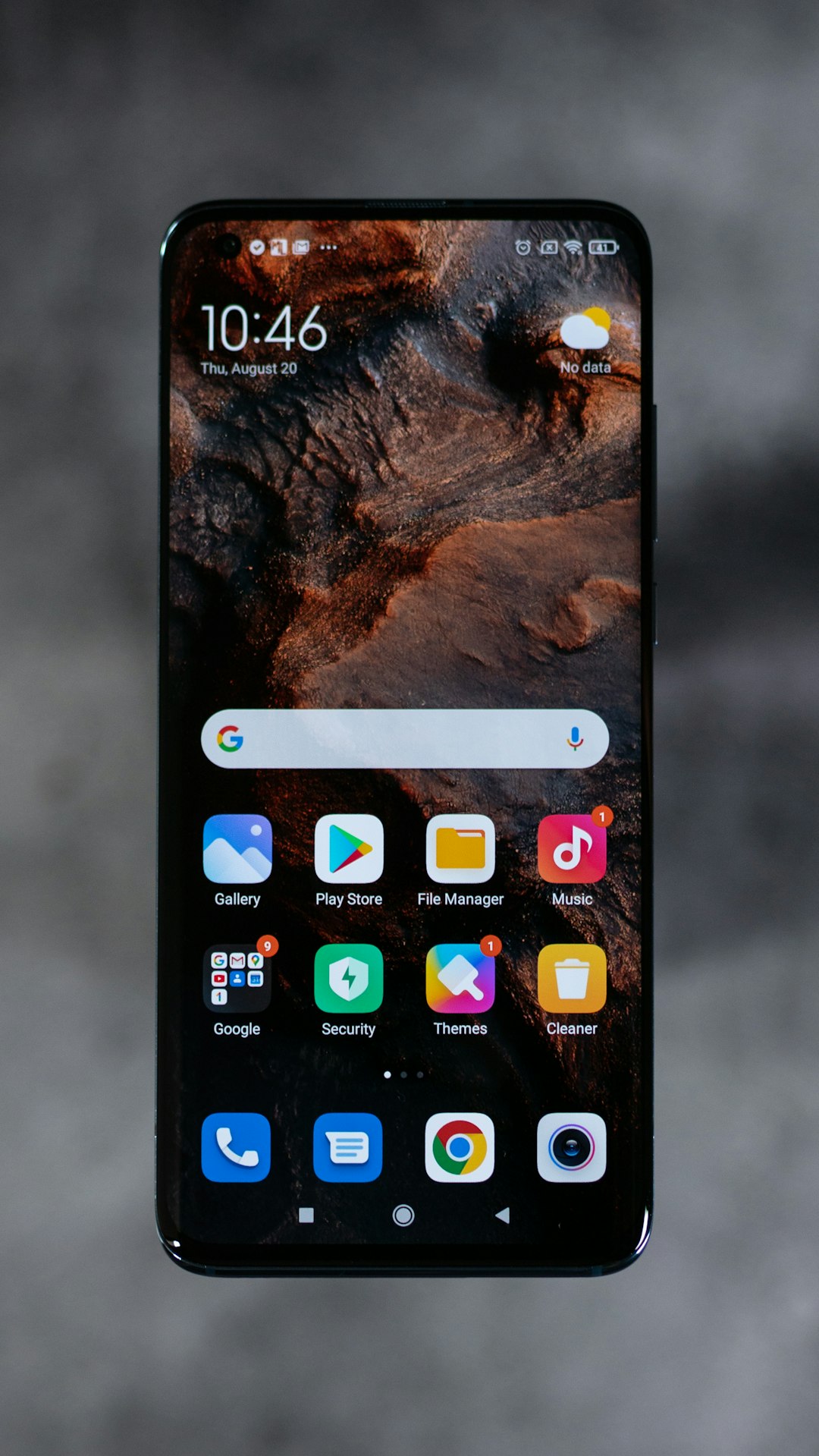Floridians face persistent robocalls and spam texts violating privacy. Despite TCPA protections, unwanted calls continue. Consulting a robocall attorney offers blocking, reporting, and legal remedies. Blocking apps, National Do Not Call Registry, and reporting are initial steps. Legal experts guide residents through consumer protection laws to curb spammers.
Tired of unwanted robocalls and spam texts? In Florida, residents have legal rights and practical tools to fight back. This comprehensive guide explores how to understand and navigate these intrusions, from recognizing spam to utilizing consumer protection laws. Learn effective blocking methods, unsubscribing tips, and the importance of reporting suspicious activities to authorities. Equip yourself with knowledge and take control against robocall attorneys targeting Florida residents.
Understanding Robocalls and Spam Texts in Florida

Robocalls and spam texts are a common nuisance, especially for residents of Florida. These automated phone calls and text messages, often from unknown numbers, can be an invasion of privacy and a source of frustration. In Florida, as in many states, robocalls and spam texts are regulated to protect consumers. However, despite these regulations, they continue to persist, prompting individuals to seek solutions to avoid them.
If you’re facing an excessive amount of robocalls or spam texts, consulting with a robocall attorney in Florida could be beneficial. Legal experts specializing in this area can provide guidance on blocking and reporting these calls effectively. They can also help you understand your rights under Florida’s consumer protection laws, which may include measures to stop unwanted communication from telemarketers and other sources.
Legal Rights: What You Can Do as a Florida Resident

As a Florida resident, you have legal rights when it comes to dealing with robocalls and spam texts. The Telephone Consumer Protection Act (TCPA) grants consumers the right to prevent automated calls from businesses and telemarketers. You can register your phone number on the National Do Not Call Registry, which is a federal database that limits marketing calls. However, certain types of calls, like those from debt collectors or healthcare providers, are exempt from this registry.
If you feel your privacy has been violated by relentless robocalls or spam texts, consulting with a robocall attorney in Florida can be beneficial. Legal experts specializing in consumer protection laws can advise you on the best course of action, whether it involves blocking calls, suing for damages, or seeking other legal remedies. Understanding your rights is the first step towards reclaiming control over your communication channels and safeguarding your peace of mind.
Blocking and Unsubscribing: Practical Steps

Blocking and unsubscribing are two simple yet effective steps Floridians can take to combat robocalls and spam texts. Start by identifying and blocking the numbers responsible for unwanted calls or messages. Most smartphones have built-in call-blocking features, allowing you to manually block specific numbers. Alternatively, download a dedicated blocking app that scans incoming calls and blocks known spammer numbers automatically.
Additionally, register for the National Do Not Call Registry and inform businesses about your preferences not to receive marketing calls or texts. Many companies are required by law to honor these requests. Regularly review and update your blocking lists, as new spammers emerge daily. Consulting with a robocall attorney in Florida can also provide valuable insights into legal options for dealing with persistent spamming issues.
Reporting Robocalls and Spam to Authorities

If you’ve been disturbed by relentless robocalls or spam texts, take action! Reporting these nuisance calls to the appropriate authorities can help curb the issue. In Florida, you have several options for reporting robocalls and spam. Contacting your local Better Business Bureau (BBB) is a good starting point as they track and monitor such complaints. You can also report them to the Federal Trade Commission (FTC), which has a dedicated system for filing consumer complaints about robocalls and text messages.
Remember, every reported incident contributes to building a case against spammers and robocallers. Additionally, consult with a robocall attorney in Florida who specializes in these matters. They can guide you through the legal options available and ensure your rights are protected.
The Role of Consumer Protection Laws in Florida

In Florida, consumer protection laws play a crucial role in mitigating the influx of robocalls and spam texts. These laws empower residents with legal avenues to combat unwanted telecommunications. The Florida Attorney General’s office actively enforces regulations that restrict companies from making automated, unsolicited calls or sending text messages en masse without prior consent.
Consumers in Florida can file complaints against violators, which helps deter such practices. By utilizing these protective measures, Floridians can assert their rights and reduce the frequency of robocalls and spam texts they receive. A robust understanding of these laws equips residents with valuable tools to protect their privacy and peace of mind.






